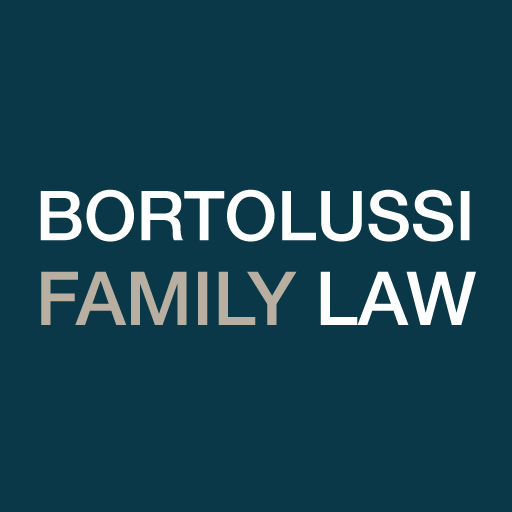Do I have to pay spousal support when I retire?
Often upon separation spouses will learn that some financial interdependency will continue to exist between them; but spousal support may continue after you retire.
Often upon separation spouses will learn that some financial interdependency will continue to exist between them. What they may not know is when or how this sustained dependency may change or terminate in the future.
First, it is important to refer back to the Court Order or Separation Agreement that describes the support obligation. That document will include the amount of support payable, the start date, the frequency of payment, and the duration of payment.
Next, it is important to see whether the terms in the governing document predict possible changes to the amount or duration of a support obligation, and in particular whether retirement is captured by this prediction. The document may establish a formula for adjusting spousal support or determining when spousal support will end. However, sometimes the document is not quite so direct or the retirement is not specifically included in the definition of a “material change” that will result in an adjustment or end of the support arrangement.
This blog is intended to address the instances when the document setting out the terms of spousal support does not describe in detail what should happen when a payor of spousal support retire(s).
Where a Separation Agreement or Court Order does not establish whether upon retirement the support obligation will end or be reduced, and to what extent the support would be reduced, finding an agreeable solution may be a complex undertaking. There are circumstances when the retirement event may allow the spouses or former spouses to review the support arrangements. There are also circumstances where the retirement will not trigger a review. Even if there is a review, the review may or may not result in a change to the support obligation.
It is important to consider the following factors in assessing whether and to what extent a spousal support obligation should be affected by a retirement:
- When did the retirement occur? What is the age of the payor spouse?
- Was the retirement voluntary?
- What was the motivation for the retirement, particularly if it was an early retirement? Is the payor of spousal support trying to avoid or reduce a support obligation?
- If the support payor retires for health reasons, is there medical evidence of any disability?
- Is it reasonable for the retired spouse to remain unemployed?
If there is a reasonable retirement, it is necessary to consider whether the retirement was factored into the existing obligation. If it was factored in, the retirement event may not change the support obligation. However, if the retirement was not factored into the support obligation, the retirement event could change the existing obligation.
Some Separation Agreements or Court Orders specifically allow a change in the spousal support arrangement in the event of a “material change in circumstances”. The above analysis can be helpful in determining whether the retirement qualifies as a “material change in circumstances”. If the Separation Agreement or Court Order does not provide for this review of spousal support, but the retirement would qualify as a “material change in circumstances”, then a review may still be possible if the provisions for spousal support are not fixed and non-variable, and if the retirement was not contemplated in the original terms.
It is also important to see whether the governing document describes the basis for the spousal support obligation: is the support being paid because of a need for financial support, to satisfy a compensatory basis for support, was there a contract governing the entitlement, or for a combination of entitlements?
Typically, the longer the relationship and the stronger the compensatory basis for support, the longer the spousal support obligation will continue.
If you have any questions about your ongoing entitlement or obligation with respect to spousal support, call Julie Zimmerman at (416) 987-3300 or e-mail her at jzimmerman@bortolussifamilylaw.com.





